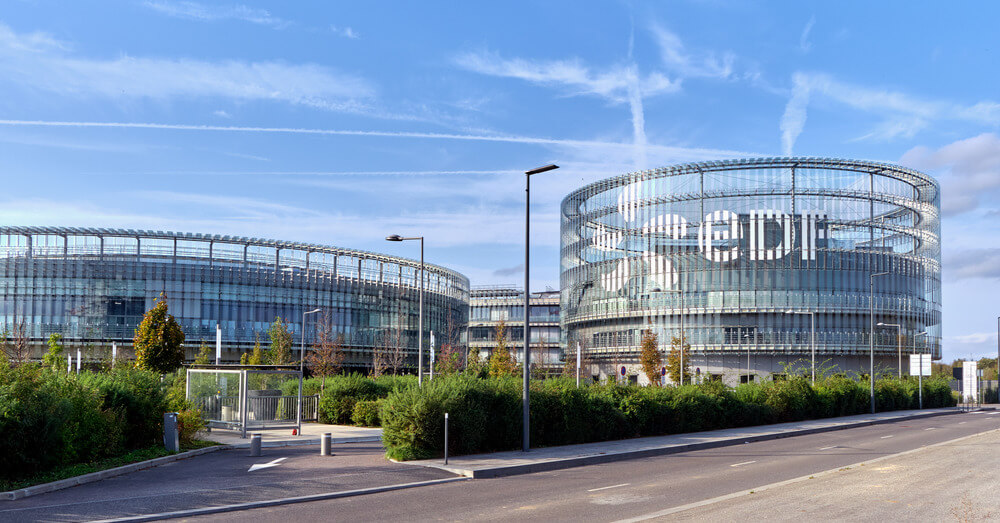
Exaion will validate blocks on the Tezos blockchain and provide its customers with a stable node
Nomadic Labs, one of the largest research and development centres within the Tezos ecosystem, announced yesterday that Exaion, a subsidiary of the EDF Group, has become a baker on the Tezos blockchain, making it the first ever French company to do so.
EDF is a French multinational electricity company and its subsidiary Exaion, created at the start of this year, specialises in high performance cloud computing and blockchain solutions. Exaion takes an environmentally responsible approach to digital projects, aiming to reduce the carbon footprint of its business, which is what led them to Tezos.
Tezos achieves a sustainable environmental performance by reducing the energy required for its stability through a liquid proof-of-stake consensus algorithm.
Exaion’s Co-founder and CEO, Fatih Balyeli, said in a press release yesterday “Our choice to use the Tezos blockchain came naturally. Baking on Tezos allows us to significantly reduce our energy consumption and is in line with our sustainable development policy while keeping a high quality digital offering.”
Bakers are like miners — a randomly selected baker creates a block, which other bakers endorse and the rest of the network validates. Bakers stake Tezos (XTZ) as collateral to make sure that blocks are correctly validated and to incentivise participation in the network, thereby providing network security. There are already more than 400 bakers around the world participating in the Tezos ecosystem.
President of Nomadic Labs, Michel Mauny, commented “By becoming the first French corporate baker on Tezos, Exaion reinforces its status as a pioneer in the blockchain sector and, by considering the use of this technology for certain customer and business cases, validates the viability of the Tezos project, paving the way for a growing commitment from French institutional players.”
Looking forward, Exaion plans to make blockchain accessible to large groups by first providing customers with a stable node, then using it as a gateway to deploy applications on the blockchain, eventually linking tailor-made services such as custody and gas financing for smart contracts.

